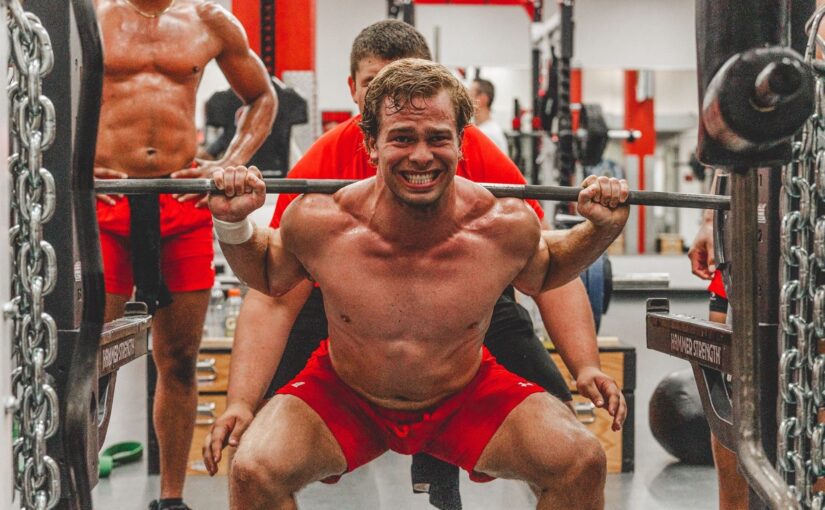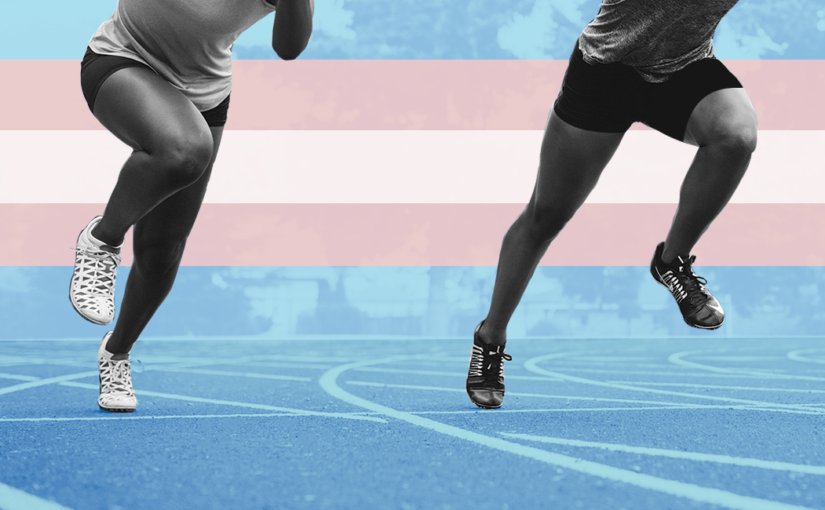Why playing multiple sports matters
To become an expert at something — especially in sports — conventional wisdom suggests that you dedicate yourself wholly to that sport. But while practice can make perfect, it’s important for young athletes to recognize the many advantages of branching out from their comfort zones and trying multiple sports.
Early sport specialization can have its advantages, but diversifying athletic opportunities at a young age can have significant long-term benefits, including limiting injury risk and allowing the athlete to explore their passion.
Examining the multisport approach
 The idea of participating in multiple sports or a different sport every season has many advantages for young athletes. From my own experience, trying my hand at different sports at a young age helped shape my overall athletic skills, making me a more well-rounded athlete. This approach allowed me to develop the skill set needed to play collegiate football, which I now translate to my career as a high school football coach.
The idea of participating in multiple sports or a different sport every season has many advantages for young athletes. From my own experience, trying my hand at different sports at a young age helped shape my overall athletic skills, making me a more well-rounded athlete. This approach allowed me to develop the skill set needed to play collegiate football, which I now translate to my career as a high school football coach.
I grew up in an urban environment where the typical routine was going to school, doing your homework and playing whatever sport was in season. In the fall, I played football. In the spring, I ran track. During the summer, I played baseball and, in the winter, I played basketball.
» STUDY: Specialization increases risk of injury, burnout
Once I got to high school, I decided to devote my time to football in the fall and track in the spring. Truth is, I only played basketball my freshman year but I wish I had played throughout high school because it would have helped me develop into a better football player. I played collegiate football at Georgetown University and I lacked lateral vision that I could have developed by playing basketball for more than one season. The skills I learned from both sports made me a stronger athlete when it came to football, the sport that I prioritized with my time.
When I speak to high school football athletes, many of them lack raw skills but understand the game and try to push themselves beyond their limits on the field, which can result in injuries. These high school athletes lack the benefits that come with practicing multiple sports and are oftentimes unprepared.
By comparison, it’s common for youth-level athletes — elementary to middle school aged — to play many different sports and, as a result, learn what sport they’re interested in pursuing in the long term. Youth athletes who play multiple sports gain a diverse array of skills that prepare them for a higher level of training. Look at Steve Nash, a two-time NBA MVP, who credits soccer with developing his footwork. Even if the sport an athlete is focused on isn’t in season, group training for a different sport can provide an enriched training experience.
Developing a student-athlete
Through my coaching experiences at CoachUp, I’ve learned how important a student-athlete’s maturity is in developing skills both on and off the field. It’s also important to bring parents into the conversation, especially if the parent is forcing the child to practice.
CoachUp has allowed me to get to know my athletes. I’ve found that sometimes the parents have an agenda that the athlete doesn’t share. Parents should keep an ongoing conversation with their child about his or her goals and be supportive no matter the outcome. By avoiding these conversations and putting pressure on the athlete to excel in a single sport, parents run the risk of exhausting their child mentally and physically.
It’s critical for parents to educate themselves on ways to engage with their children in sports. I always tell parents to get a feel for the coaches and the organizations before they sign up their child. The atmosphere and mentality isn’t the same for all organizations, and it’s important to find a coach and team that works best for your child. This is why CoachUp is a great resource. It provides background that informs parents on the qualities of a particular coach, allowing for the most personalized training experience that can deliver results that meet the athlete’s goals.
Playing multiple sports is imperative to helping a young athlete develop a wide variety of skills that can help them reach their goals in any sport. Individualized training is a great way to target the development of specific skills that can help develop a more well-rounded athlete and improve athletic performance, regardless of the sport.
Dawon Dicks played football at Georgetown University and is currently a trainer at CoachUp, a service that connects athletes with private coaches. Learn more at www.coachup.com.





